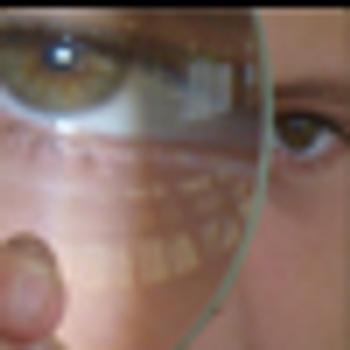
As the United States becomes more culturally, racially, and ethnically diverse, psychiatry will be faced with the need to treat more diverse populations. This article focuses on challenges and obstacles encountered when treating black patients with mental illness.
